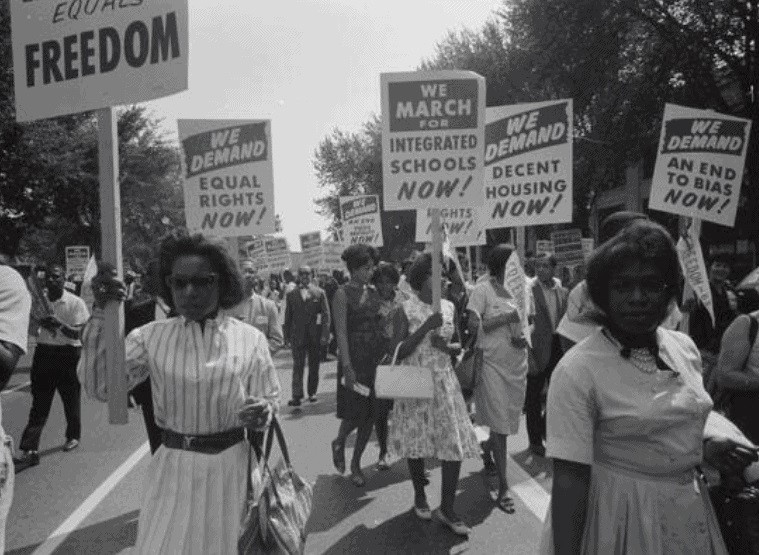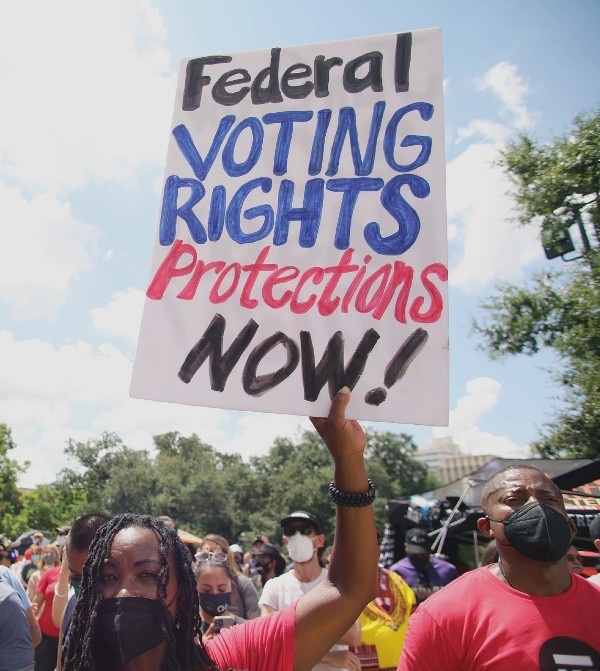What's the Difference Between Civil Rights and Civil Liberties?
Although similar, civil liberties and civil rights are in fact different. Knowing and understanding the difference can help to understand where a right or liberty comes from, and how they have changed over the course of America's history.

Civil Liberties
Civil liberties are guarantees and freedoms that governments commit not to abridge, remove, withhold from its citizens, either by legislation or judicial interpretation, without due process. Civil liberties place limitations on the power of government to restrain or dictate how individuals act. The framers of the Constitution saw civil liberties as natural rights that are inherently given to each person.
Though the scope of the term differs between countries, civil liberties may include the freedom of conscience, freedom of press, freedom of religion, freedom of expression, freedom of assembly, the right to security and liberty, freedom of speech, the right to privacy, the right to equal treatment under the law and due process, the right to a fair trial, and the right to life.
Civil liberties are commonly referred to as rights, when in reality they act as government restrictions. For example, the first amendment begins with a restriction by stating “Congress shall make no law…”
Civil Rights
Meanwhile, civil rights are government policies and laws that have been created to protect individuals from discrimination. Civil rights guarantee equal opportunities and protection under the law, regardless of race, religion, or other characteristics.
Typically, civil rights are created after discrimination of some sort has already occurred. Congress will then pass laws or create policies to prevent discrimination from happening again, and to ensure that a civil liberty is extended to all people.
A common example is the right to vote. The right to vote was not included in the Bill of Rights or in the Constitution. Instead, it has been added to the Constitution, and then adapted multiple times, through a series of amendments.

The framers of the Constitution originally left voting laws to state and local governments. These smaller governments mostly only allowed white, landowning men over 18 to vote. In 1870, the 15th Amendment prohibited racial discrimination in voting. In 1920, the 19th Amendment prohibited gender discrimination in voting. In 1971, the 26th Amendment prohibited discrimination in voting for any citizen who is at least 18 years old.
Other civil rights in the US include the right to a public education, the right to a fair trial, the right to access government services and use public facilities.
A Liberty and a Right?
Distinguishing what is a liberty and what is a right can be confusing, especially when we often refer to civil liberties as rights.
It can also be confusing because some civil liberties are also civil rights. For example, freedom of religion is established as a civil liberty in the First Amendment, but it has also been extended and defended in several legislative decisions. These laws and rulings make the freedom of religion both a civil liberty and a civil right.
